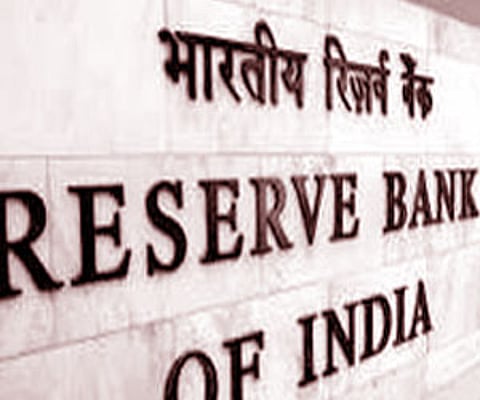

MUMBAI: The Reserve Bank of India’s (RBI) decision to impose a 10% incremental cash reserve ratio (ICRR) for a limited period will suck out more than Rs 1 lakh crore from the banking system.
The move was the best option under the current circumstances to drain excess liquidity, said the RBI Governor Shaktikanta Das on Thursday.
The RBI on Thursday announced that banks have to maintain a 10% ICRR from August 12 as part of the central bank’s efforts to drain excess liquidity from the banking system following the withdrawal of the Rs 2,000 currency note. “The move will suck out a little over Rs 1 lakh crore of excess liquidity from the system,” Das said.
One of the reasons for rise in liquidity is that over 90% of `3.6 lakh crore of the Rs `Rs 2,000 banknotes withdrawn on May 19, have come back to banks, Das said. As per RBI data, at Rs 2.48 lakh crore, surplus liquidity in the system in August was at a 14 month high, highest since June 2022. He assured that the public won’t face crunch as they prepare for long festive season nor will the system and industry face liquidity issue to pay advance tax (September 15) or GST (Sept 20).
Replying to a query on Russian investment in government securities, the governor said the RBI is not unduly concerned about Russian investments in Indian government bonds. Without sharing the details of the trade surplus invested by Russian entities in government securities, Das underlined that trade relations between the two countries are for the long term and there is no reason to fear a pullout of the money. “Its not about which we are really unduly concerned. We are not concerned unduly because market has its estimates. So far as we are concerned, it is not going to cause any (impact).”